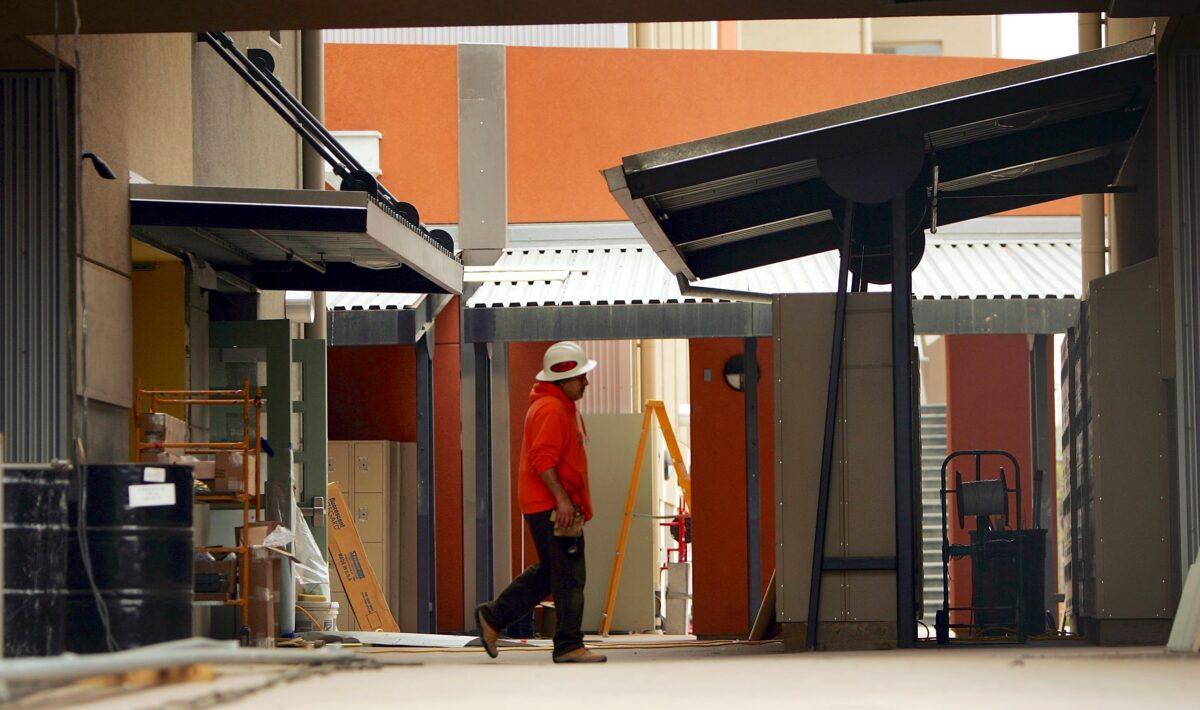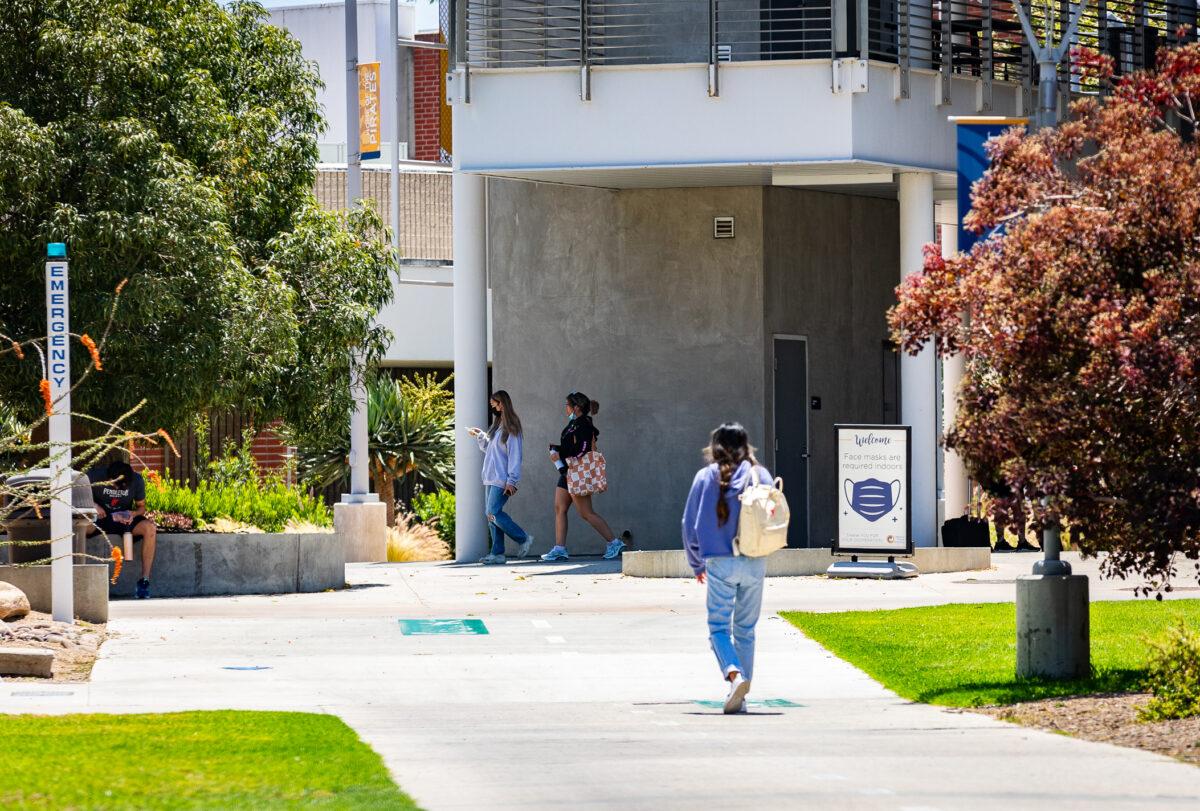Commentary
One of the defects in California’s political system is how not just the public-employee unions, but the super-wealthy can manipulation the system. They use democracy to short-circuit democracy.
A good example is billionaire Reed Hastings, chairman of the board at Netflix. He has long been involved in California’s political process, especially on education. Nothing wrong with that. He’s a citizen.
But in 2000, he used his immense wealth to put Proposition 39 on the ballot to increase school construction funding. It did not increase taxes on the incomes of billionaires. Instead, it made it easier to pass local school construction bonds, paid for by tax increases on property, by dropping the passage supermajority from two-thirds to 55 percent. That meant higher costs for housing, contributing to the subsequent housing and homelessness crises.
CityFinance.com ran an analysis after last November’s election. It found:
“Among the school measures were 100 bond measures seeking a total of $22.5 billion in school facility improvement funding. There were 9 measures to increase or extend (renew) school parcel taxes. ...
“$20.5 billion was approved, including $5.3 billion for Los Angeles Community College District, $3.2 billion for San Diego Unified School District, and $1.7 billion for Long Beach Unified School District.”

A school is under construction in the Los Angeles-area city of Maywood, Calif., on May 17, 2006. (David McNew/Getty Images)
Of those 100 school bonds, 99 used the 55 percent passage threshold; only one used the old two-thirds threshold. Of the 99 school bonds with the lower requirement, 71 passed and 28 failed; thus, a 72 percent passage rate. That was less than the 80 percent passage rate for such bonds since 2001. The analysis surmised, “The passage rates this election may reflect somewhat of a darker mood among the electorate.”
The lone bond requiring the two-thirds vote, for Plumas Lake Elementary School District, got only 56 percent, thus failing.
However, if the pre-Prop. 29 rule still was in effect, requiring two-thirds votes for all 100 bond measures, only 19 would have passed—just 19 percent.
Los Angeles property owners have been hit especially hard. Measure LA, the 2022 Community College bond for $5.3 billion, levies $25 per $100,000 of assessed valuation. According to Zillow.com, the average price of a home there is now $901,961. So that comes to $225 per year.
But that’s not all. In 2020, voters passed Measure RR, a $7 billion bond for the Los Angeles Unified School District, paid by levying a 2.174-cent tax per $100 of assessed property value. For an average home price of $901,961, that comes to $196.10 a year.
And in 2016, voters passed Measure CC, $3.3 billion in bonds for the Los Angeles Community College District. It levied $15 per $100,000 of assessed value. For a home valued at $901,961 today, that comes to $135.29 a year.
Just adding up the three cited bonds brings us to: $556.64 a year. Just to live in your dinky house in crime-and-homeless-ridden Los Angeles, while paying a huge mortgage.
The anti-CC wording in the voter pamphlet warned:
“In the last 15 years, almost $6 billion in bonds have been approved for the Los Angeles Community College District. Prop A authorized $1.245 billion, in 2001. Prop AA authorized $980 million in 2003. Measure J authorized $3.5 billion in 2008.

Students walk to summer semester classes at Orange Coast College in Costa Mesa, Calif., on June 29, 2022. (John Fredricks/The Epoch Times)
“Bonds are like government credit cards. They are sold to Wall Street investors and paid back over 30 years, with interest. If Measure CC passes, your property taxes will go up to pay the bill.
“In all three prior measures, we were promised oversight. But in 2011, an exposé by the Los Angeles Times and an audit by the State Controller found tens of millions in wasteful spending and shoddy construction with the bond money. They uncovered nepotism in contract awards and hiring, massive mismanagement, incomplete records, and poor to nonexistent oversight.”
Is Two-Thirds Vote Democracy?
The argument against the two-thirds rule is that it isn’t democracy—which is 50 percent-plus-one. But neither is 55 percent democracy. And neither is billionaires funding ballot measures that tax the little guy in his modest home he barely can afford. And neither is living in what now is a one-party state.
Moreover, it was well understood by America’s Founding Fathers that raw democracy must be tempered by such safeguards as the U.S. Senate, with representation based on states, not population; thus Wyoming gets the same two senators as giant California. And by the Electoral College, which as we saw in 2000 and 2016 doesn’t always go with the overall majority of voters. And by the unelected U.S. Supreme Court.
Why More?
As to the schools, in my
analysis of Gov. Gavin Newsom’s May Revision to his budget proposal for fiscal year 2023-24, K-12 schools funding still would amount to a hefty $23,483 per pupil. That’s $587,075 for a classroom of 25 students. What more do they need? Certainly not more from homeowners; or from apartment owners who just pass on the high property taxes to renters. Not to mention the high cost is paying for low performance, with California students perennially scoring what even the liberal New York Times
called “dismally low math and reading scores.”
It would take another initiative to repeal Prop. 39, but the effort could be sold as a way to reduce housing costs and homelessness. If Reed Hastings wants to fund more pet initiatives, let him do so from his own billions.
John Seiler’s email: writejohnseiler@gmail.com
















